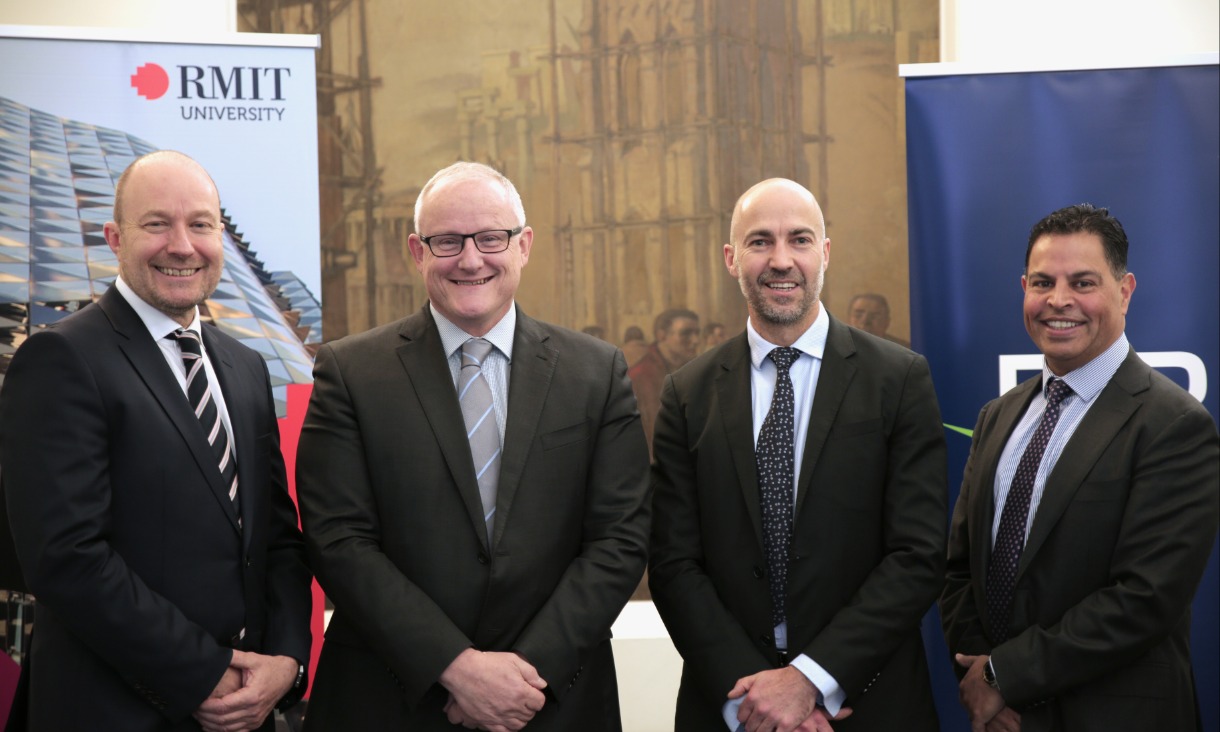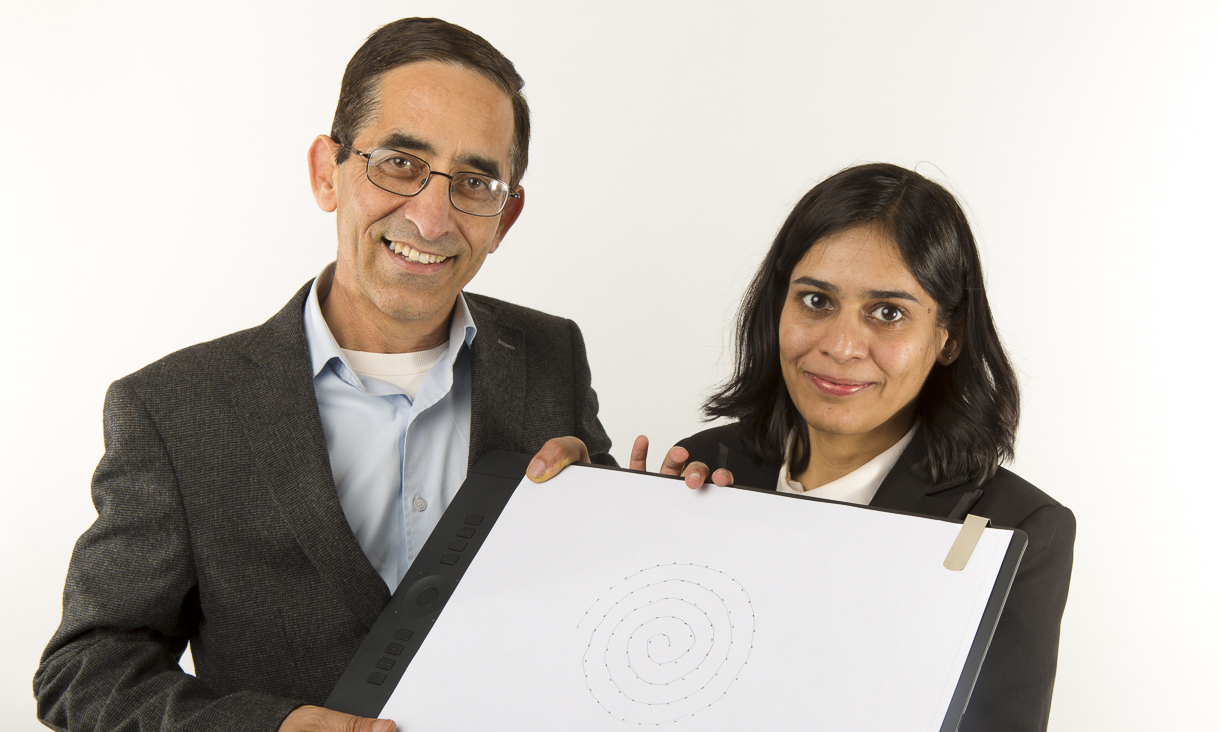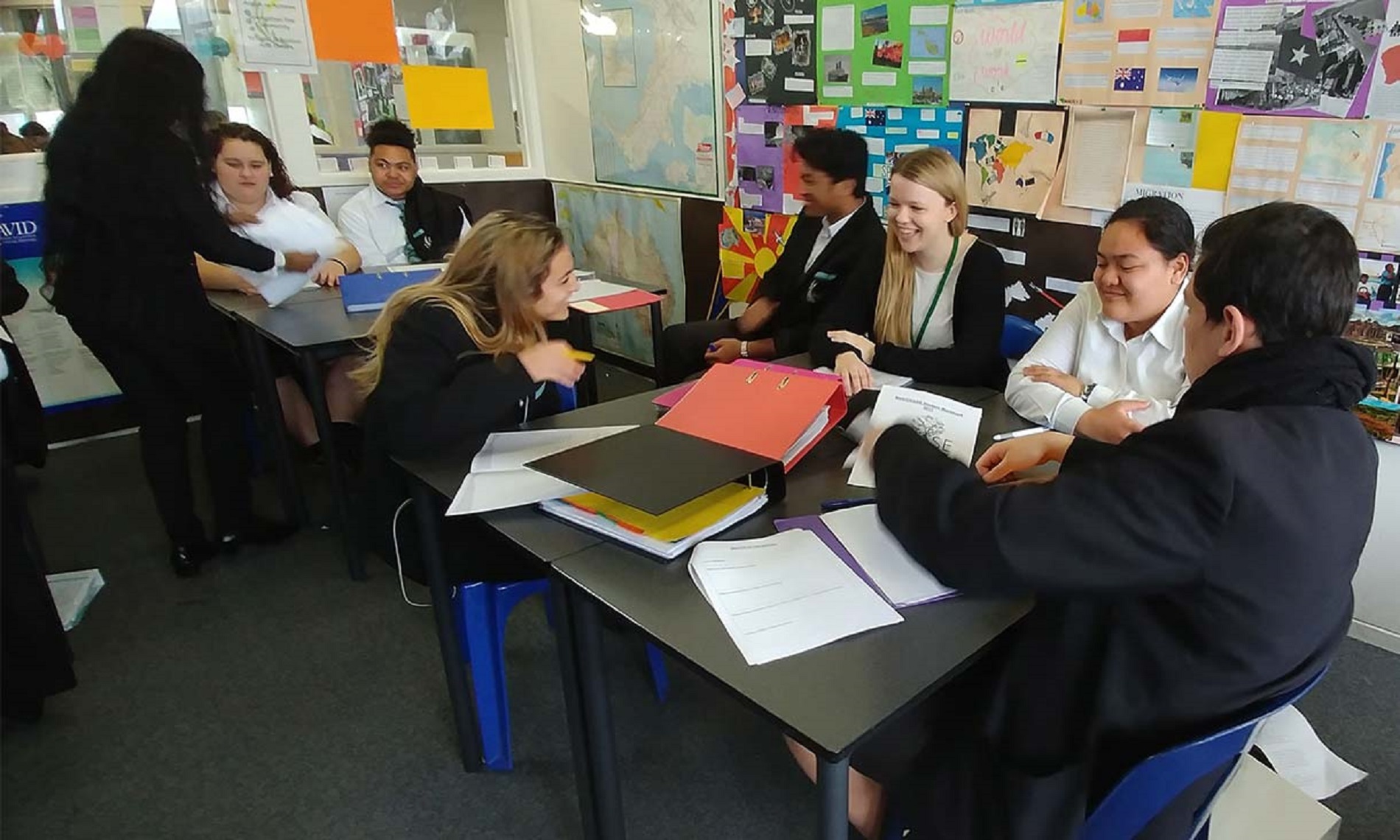The relationship brings together the global industry and digital business expertise of DB Results and RMIT’s world-leading interdisciplinary capabilities and research, to transform business as we know it, starting with health.
The new patient care model leverages technology to disrupt traditional healthcare, with the development of protected uses of blockchain technology. The partnership aims to define and build solutions that can have a positive impact on the Australian and global health industry, and society in general.
DB Results CEO Gavin Bunshaw said the opportunity available through blockchain was not just a secure method of recording health information but a framework for supporting the use of information as a valuable asset that can be protected and traded.
“We are delighted to collaborate with RMIT University, one of the world’s leading universities. The collaboration will initially focus on developing innovative solutions for health using blockchain to make a positive and lasting impact on the healthcare system,” he said.
The partnership leverages both organisations’ deep industry experience in domains such as financial services, utilities and health, and RMIT’s global research, development and design expertise.
RMIT and DB Results have developed a platform for innovating new ideas and have applied models from other industries and disciplines.
RMIT Blockchain Innovation Hub Director Professor Jason Potts said that blockchain technology will change how property rights in private data works.
“For the first time, patients will own their personal health data and personally decide how to use it. They can share it with trusted medical professionals, gift data to research pools, or even sell that data for commercial use, and so open a new source of revenue for people,” Potts said.
“Our researchers at the RMIT Blockchain Innovation Hub are excited to be working with the great team at DB Results to develop the next generation of health technology infrastructure.
Bunshaw agreed, and said the alliance was a catalyst for creating significant opportunities to drive advancements and transform the health industry globally.
“It also provides an opportunity for RMIT students to gain hands-on experience with a global company at DB Results’ Innovation Centre in Melbourne.”
“Proof of the value of the relationship has already been achieved. Both organisations have successfully transferred learnings from the finance industry to create a solution for health which enables secure management and sharing of medical records, utilising blockchain technology, which are fully controlled by the patient,” he added.




.jpg)
